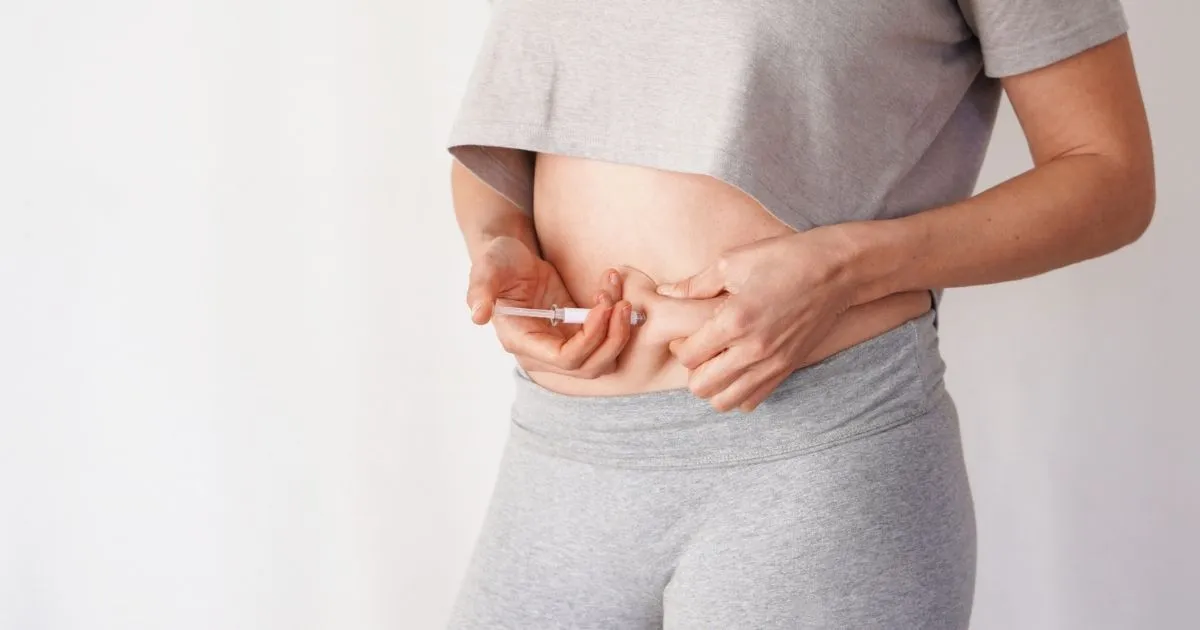Liposuction is often misunderstood as a quick fix for weight loss. Many people consider it an alternative to the traditional methods of dieting and exercise. However, is it really a comprehensive solution for shedding those extra pounds? This question is crucial for those contemplating undergoing the procedure hoping to achieve significant weight loss. Knowing liposuction‘s true capabilities and limitations is essential for setting realistic expectations. While the process can remove fat from specific body areas, it’s necessary to delve deeper into what it entails and who it best serves.
What is Liposuction?
Liposuction is a cosmetic surgical approach that extracts localized fat deposits from targeted body areas. When people hear about this, they often conclude: less fat means less weight, right? While this line of thinking is understandable, liposuction’s actual purpose and outcome are more complex. The procedure is not intended to serve as a comprehensive weight-loss solution. Instead, its primary goal is to sculpt and contour specific body areas that have proven unsusceptible to conventional weight loss approaches, such as diet and exercise.
For example, you may have been working out regularly and following a balanced diet but still find that certain areas, like the abdomen, thighs, or arms, hold onto stubborn pockets of fat. Liposuction aims to address these specific areas, offering a more toned appearance. It’s a targeted approach focusing on aesthetic improvement rather than weight reduction. The procedure involves using a cannula and a suction device operated by a qualified medical professional to remove fat cells from these problem areas.
So, while viewing liposuction as a shortcut to weight loss is tempting, it’s essential to recognize that the procedure has a different set of objectives. It’s about refining and enhancing your body’s contours, not significantly reducing your body weight.
The Reality: Liposuction’s Limitations
Liposuction is designed to remove small pockets of fat from specific body areas, such as the abdomen, thighs, or arms. It is not intended for significant weight loss or for treating obesity. In fact, the amount of fat that can be safely removed in a single session is limited, usually up to about five liters, depending on various factors like the patient’s health condition and the area being treated.
Another limitation is that liposuction does not remove visceral fat, which is the fat surrounding internal organs. Visceral fat is often more detrimental to health than subcutaneous fat, which is the type of fat that liposuction targets. Therefore, the procedure does not offer the same health benefits as losing weight through diet and exercise, such as improved cardiovascular health or reduced risk of diabetes.
Additionally, liposuction does not tighten loose skin or address issues like cellulite. It solely focuses on fat removal. It means that individuals with poor skin elasticity may not achieve the desired results and could require additional procedures, such as a tummy tuck, to remove excess skin.
Ideal Candidates for Liposuction
Determining whether you’re a good candidate for liposuction involves more than just a desire to remove stubborn fat. Several factors contribute to the likelihood of achieving successful results and a smooth recovery. From your overall health status to your lifestyle habits and mental preparedness, each aspect determines how well the procedure will work for you.
- Close to Ideal Body Weight: Individuals near their ideal body weight but with specific areas of localized fat are the best candidates for liposuction.
- Good Skin Elasticity: Those with good skin elasticity are more likely to achieve optimal results, as the skin will naturally conform to the body’s new contours after removing fat.
- Non-smokers: Smoking can complicate the procedure and the recovery process, so non-smokers are generally better candidates.
- Healthy Individuals: Candidates should be in good overall health, without any medical conditions that could complicate surgery or recovery.
- Realistic Expectations: Candidates must understand the limitations of liposuction, including the fact that it is not a weight-loss solution but rather a body-contouring procedure.
- Committed to Lifestyle Maintenance: Since the effects of liposuction are not permanent, ideal candidates are those dedicated to maintaining a healthy lifestyle to preserve the results.
Results
Once the fat cells are removed from a specific area, they do not regenerate. However, this doesn’t mean that you can’t gain weight. The remaining fat cells in the treated area, as well as other parts of the body, can still develop if you consume more calories than you burn.
It’s a common misconception that once the fat cells are removed, you can eat and live as you please without consequences. Significant weight gain after the procedure can lead to uneven or asymmetrical body contours. For example, suppose you have liposuction on your abdomen but gain considerable weight. In that case, the fat may be distributed to other areas like your arms, back, or legs, leading to a disproportionate appearance.
Therefore, the permanency of liposuction results largely depends on your post-procedure lifestyle. A balanced diet and regular exercise are indispensable for maintaining the new, more contoured shape. It’s also advisable to have regular check-ups with your healthcare provider to monitor your weight and overall health.
Downtime
The downtime following a liposuction procedure varies depending on the individual and the nature of their work. Generally, patients are advised to rest for 48 hours post-procedure to minimize swelling and recover from the effects of anesthesia. For those with desk jobs, returning to work is often feasible within 2-3 days after the surgery. However, if your job concerns physical toil or is particularly demanding, a more extended recovery period of 3-4 weeks may be necessary. During this time, follow all post-operative care instructions, including wearing compression garments and avoiding strenuous activities, to ensure optimal healing and results.
Takeaway
If you’re considering liposuction and want to ensure you’re in expert hands, look no further than ADAM J. Cohen, MD. With years of experience and a commitment to personalized care, Dr. Cohen can help you achieve the body contours you desire while setting realistic expectations for the procedure and recovery. Don’t leave your health and appearance to chance; choose a medical professional who combines skill, experience, and a patient-centered approach. Contact us for your assessment with ADAM J. Cohen, MD, today to take the first step toward a more confident you.




